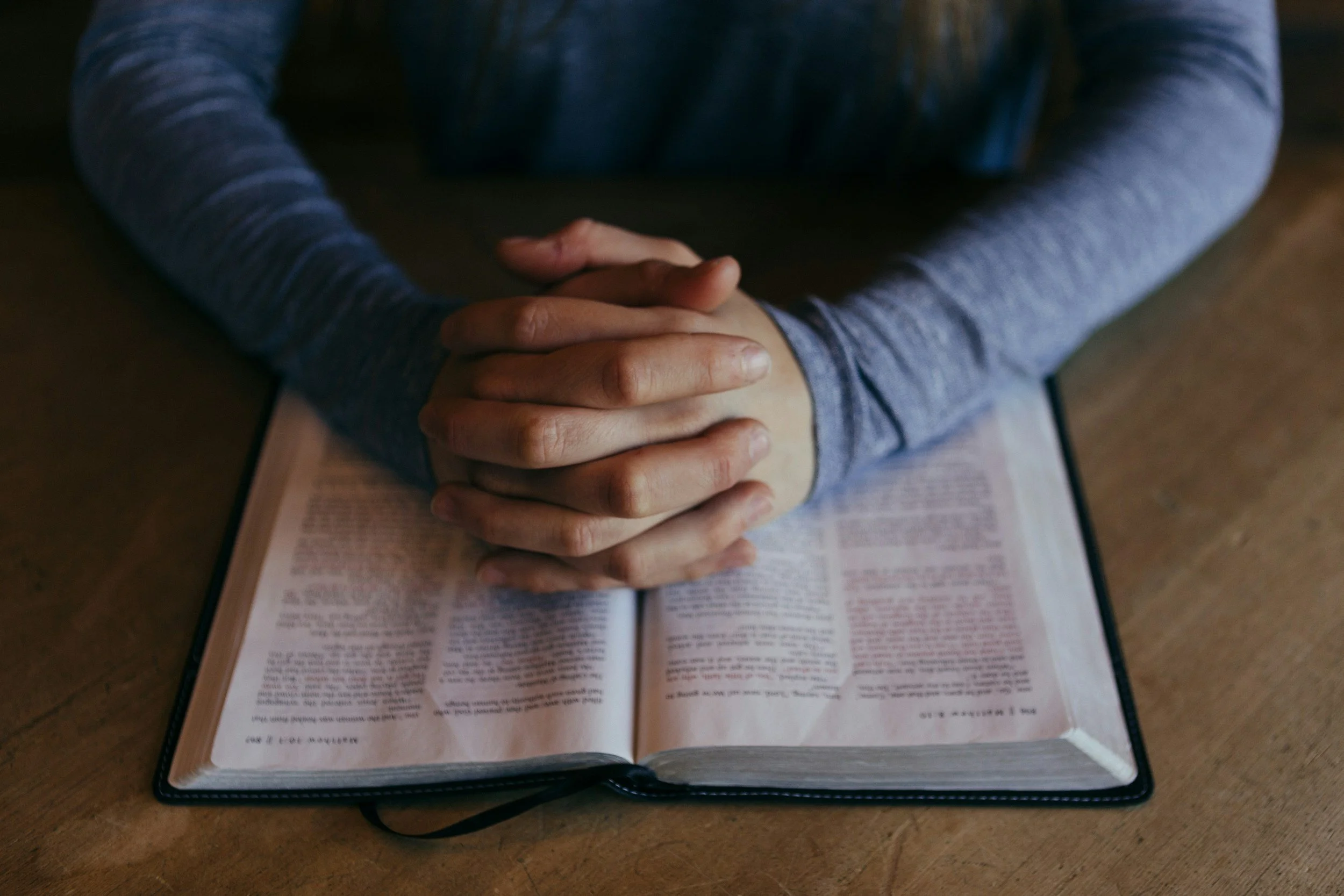
Interfaith Couples Therapy
Are You Navigating Love Across Faith Traditions?
Love often brings two people together from different backgrounds, including different faiths or spiritual traditions. While interfaith relationships can be rich with growth, learning, and diversity, they may also bring unique challenges around values, family expectations, traditions, and identity.
Interfaith couples therapy provides a supportive, respectful space where partners can explore their differences, celebrate their common ground, and build a relationship that honors both traditions.
Why Do Interfaith Couples Seek Therapy?
Many interfaith couples thrive, but challenges may arise when navigating:
Conflicts over religious practices, holidays, or rituals
Deciding how to raise children in terms of faith or spirituality
Pressure or expectations from extended family or community
Differences in beliefs around marriage, gender roles, or parenting
Navigating conversion, blended practices, or secular approaches
Feelings of disconnection when one partner doesn’t share the other’s faith experiences
These issues can cause strain, especially when couples feel torn between honoring personal beliefs and sustaining the relationship. Therapy helps partners find balance, compassion, and shared meaning.
Approaches Often Used
Therapists use approaches that respect cultural and spiritual diversity, including:
Psychodynamic Couples Therapy: Exploring unconscious patterns, family histories, and early experiences that influence how each partner relates to faith, identity, and intimacy. This helps couples better understand underlying dynamics and resolve conflicts at their root.
Emotionally Focused Therapy (EFT): Helping couples create secure emotional bonds that transcend differences.
Gottman Method Couples Therapy: Teaching communication and conflict resolution skills for sensitive conversations.
Culturally and Spiritually Sensitive Therapy: Respecting religious and cultural identities while helping couples find common ground.
Narrative Therapy: Allowing couples to tell their story and create shared meaning around their interfaith journey.
What Happens in Interfaith Couples Therapy?
Sessions are designed to create safety, respect, and curiosity for each partner’s spiritual or religious experience. Couples often work on:
Open and Respectful Dialogue – Learning how to talk about faith differences without judgment or defensiveness.
Exploring Shared Values – Identifying common ground beyond religious identity, such as family, love, integrity, or community.
Setting Boundaries with Families – Navigating external expectations while strengthening the couple’s unity.
Creating Shared Rituals – Building traditions that reflect both partners’ values and beliefs.
Parenting and Future Planning – Making intentional choices about raising children and honoring multiple perspectives.
Strengthening Emotional Bond – Ensuring that faith differences do not overshadow intimacy and trust.
Inclusive and Affirming Support
Interfaith couples may also be interracial, LGBTQIA+, BIPOC, blended families, or come from immigrant backgrounds. Therapy is inclusive and affirming, honoring both the differences and the unique strengths these relationships bring.
Benefits of Interfaith Couples Therapy
Couples who engage in this process often experience:
More respectful and open communication
Reduced conflict around faith and cultural practices
Stronger unity when navigating family or community pressures
Increased appreciation for each partner’s beliefs and identity
A deeper sense of trust, love, and shared meaning
Take the Next Step Together
Building Harmony in Interfaith Relationships
Faith and spirituality can be sources of connection rather than division when approached with empathy, curiosity, and respect. Interfaith couples therapy offers the tools and guidance to help you and your partner build a strong foundation that honors your differences while strengthening your bond.
Schedule a consultation today to begin creating harmony in your interfaith relationship.
WE CAN HELP.
REACH OUT TODAY.
Phone: 310.271.2275
BEVERLY HILLS LOCATION
9350 Wilshire Blvd, Suite 212
Beverly Hills, CA 90212





